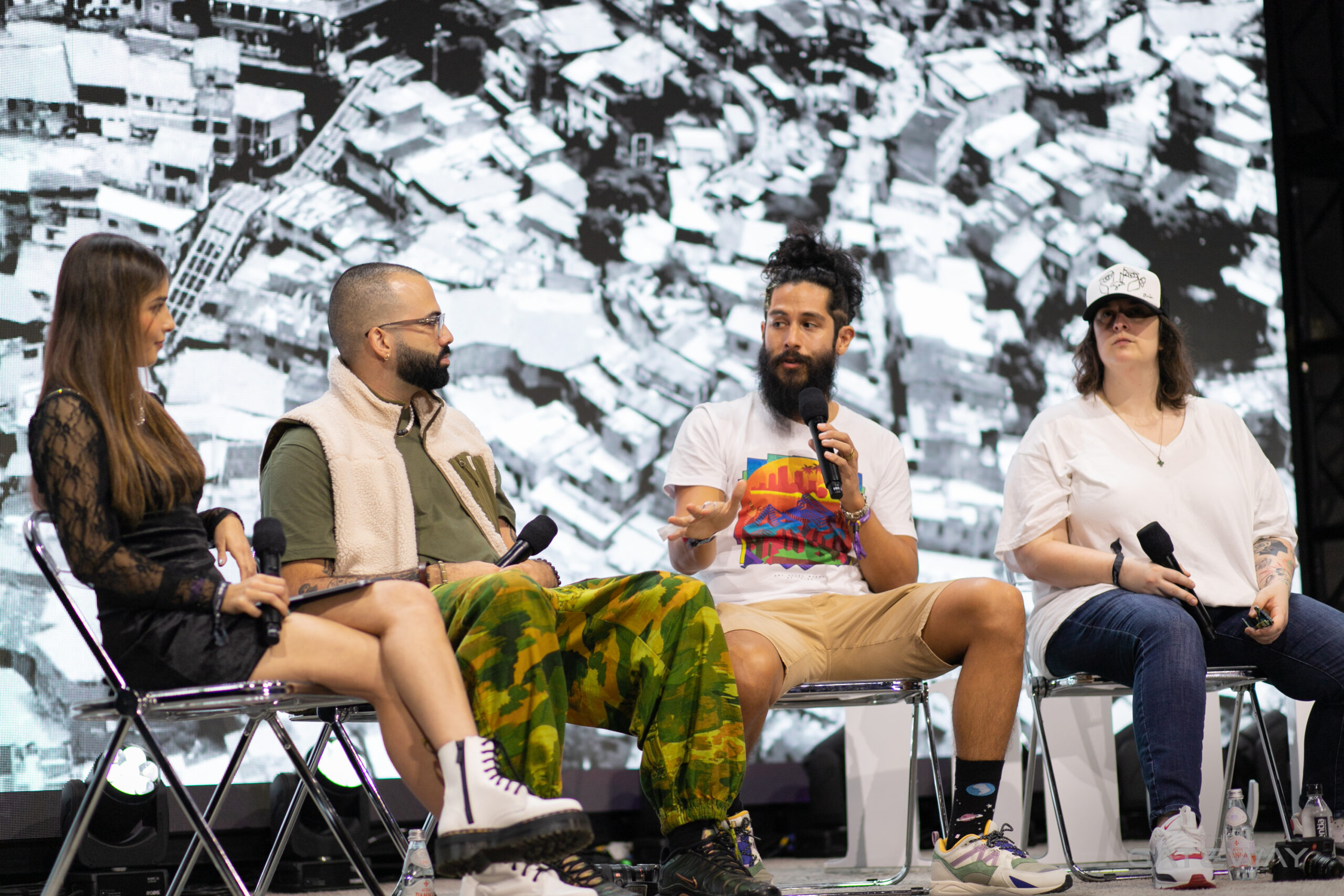Every week we simplify the market into key points so you can stay up to date on market trends, upcoming drops, top project guides and much more!
BY Sarah Marquart
December 02, 2022
In 2020, artist J.N. Silva was in a Clubhouse room talking about NFTs and the power of royalties when a prominent psychedelic artist from the late 60s in the audience asked to speak. According to Silva, he shared, “I just stumbled into this room. I had no idea what was going on. But this single-handedly would have changed my life if it would have been around when I was creating art.”
The artist, who Silva didn’t name, sold pieces throughout the 60s and 70s during what he called a “period of prime.” Today though, his works are reselling for millions, but due to the nature of physical artworks, he hasn’t seen a dime. “Imagine if I had been getting royalties from all these works,” the artist told Silva, “I would have the mental freedom to keep practicing my creativity and not have to battle against a past version of myself.
This emphasis on the importance of royalties, and the way they can offer ongoing opportunity to artists, was a prominent thread during The Gateway panel “The State of Film NFTs,” with Silva, filmmaker Nelson G. Navarrete, and filmmaker Julie Pacino on December 1, 2022.
In the past, indie filmmakers have turned to traditional crowdfunding platforms like Kickstarter to secure project funds. From critically acclaimed action comedies like Kung Fury to award-winning horror flicks like The Babadook, crowdfunding has helped many cult classics come to fruition. But with the emergence of NFT technology, some filmmakers are abandoning these platforms in favor of Web3 fundraising opportunities.
Pacino, for example, made history as one of the first people to finance a film with NFTs. The director worked to fund her film I Live Here Now through an NFT project called “Keepers of the Inn,” which consisted of 3,356 photos she captured during the rehearsal process.
One of the main reasons Pacino chose to turn to NFTs was because of royalties. During the panel, she emphasized the importance of royalties, saying they should “never go away” — and that they don’t just benefit the artist. “[Royalties] are exciting from a collector’s point of view because if [I], the artist, [am] selling you some work and then I go hustle my ass off and elevate my value, then you’re [also] going to benefit from it,” she said.
But royalties aren’t the only reason directors and producers turn to NFTs — they also offer a new way for filmmakers to connect with audiences. “It’s really valuable to connect with the people interested in your work before you’ve even shot your movie. It’s a miraculous thing. They can inform the creative process and help forward your vision,” explained Pacino.
While the panel may have passed, fans of Film3 still have the opportunity to see Navarrete and Silva share some of their work on December 2. Co-Directors Navarrete and Alex Ulises are hosting a screening of their documentary Idiosincracia Latina along with “NEA,” the teaser for Buscando América — “a fiction film under construction in Web3” which Silva executive produced.
The film explores the history of the 16 communes in the Colombian city of Medellín, with the goal of representing the true realities of the area not often reflected beyond the country’s borders. And community is at the heart of the entire project.
“The social impact that we want to have, not only with Web3, but accompanied by Web3, is to provide some tools in the communes that we visit, where we find these actors who are going to participate in our film, where we can teach production workshops, workshops of performance and workshops of Web3 where we teach how to use certain tools for this technology that is new, ”said Navarrete to Voz de América.
Beyond the locals, the filmmakers also hope to pave the way for other creatives in the Web3 space. “Our main motivation is to build the infrastructure that helps emerging filmmakers tell their stories […] without having to go through the structures that are traditionally difficult,” said Navarrete.
And this is where the magic of the space lies, and what could (hopefully) lead to a new creator economy where these artists have exactly what the psychedelic artist from the 60s strove for — the freedom to practice creativity without barriers.

